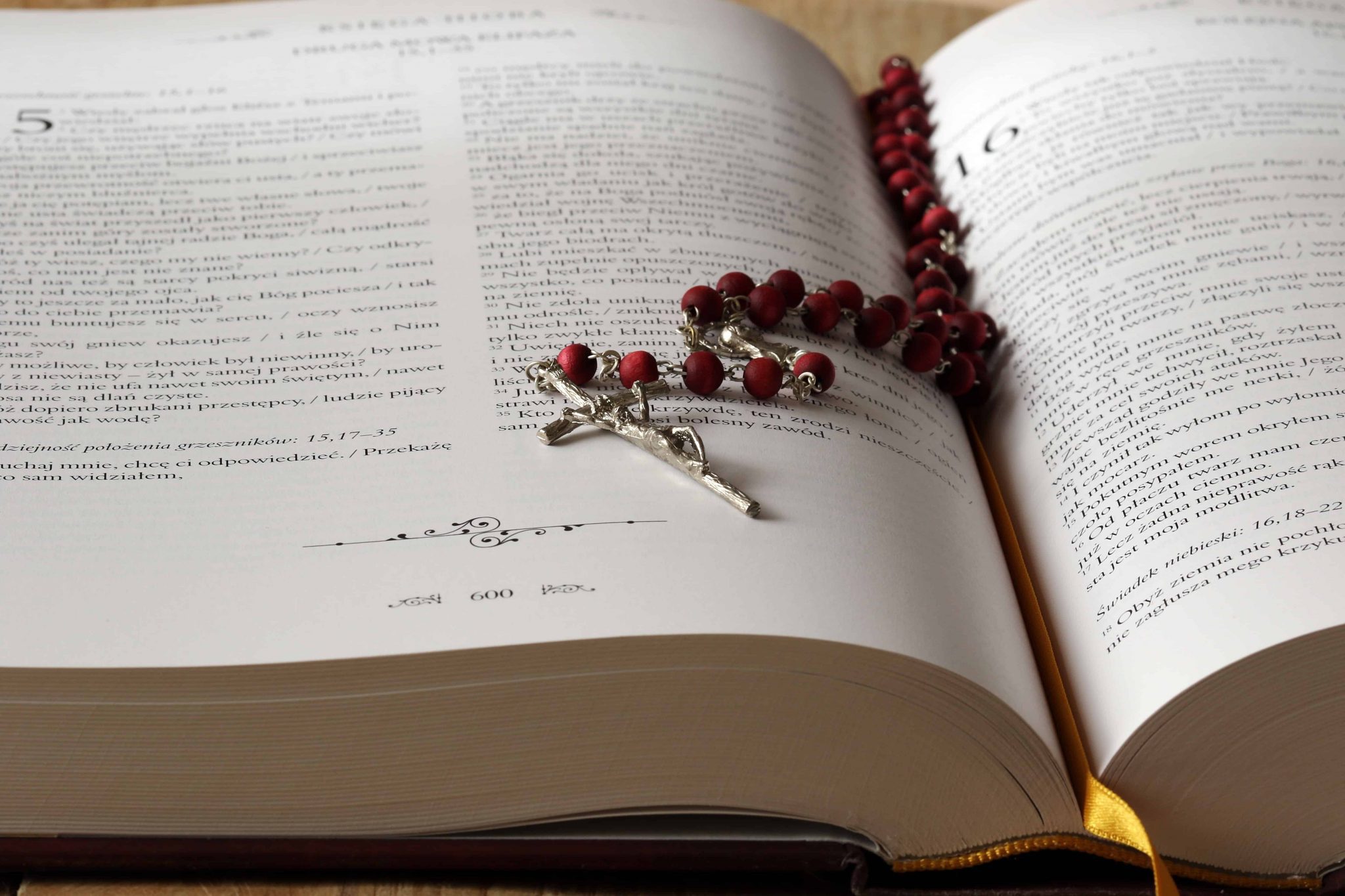Thirtieth Sunday in Ordinary Time
Are we aware of our own blindness, of our inability to recognize Jesus who is passing through our everyday lives? Do we urgently ask for insightful faith so that we recognize who Jesus really is? Or are we reluctant to leave even the small, secure territory that we have staked out for ourselves and push forward to Jesus, ready to enter with him into whatever “Jerusalem” he will lead us, with his promise of a share in his passion, death…and resurrection?
Twenty-Ninth Sunday in Ordinary Time
Our gospel today follows on from the third passion/resurrection prediction in Mark 10:32-34. In that light it is important to remember that Mark always depicts Jesus on the way to Jerusalem and the Cross. We need to read the two stories in today’s gospel in that light: the story of the Zebedee brothers’ desire for power, and Christ’s saying about true greatness. The long form contains both. The short form contains only the saying about being a servant and a slave. On the surface the story of the Zebedees is one of ambition and seeking power. But it quickly turns into a story of persecution and martyrdom, of suffering and cross, part of Mark’s description of the path of discipleship and true spiritual leadership. The true disciple/leader knows that spiritual greatness and humble self-sacrifice go together. The greatest is the least, the first is the last. Unfortunately, every time Jesus spoke about the Cross his disciples’ thoughts turned to glory. Did the Zebedees understand? Do we? Were they blind to Jesus’ paradox? The true disciple understands paradox. The true disciple also understands that genuine prayer changes us, makes us more like Christ. Are we ready to serve? Are we ready to take up our own cross and follow Jesus? Why are we shocked when people reject the faith community because they see hypocrisy and arrogance instead of gentleness and healing? It was ever so!
Twenty Eighth Sunday in Ordinary Time
Our gospel today confronts us with the ancient rivalry between riches and reign of God. The longer form of today’s gospel has three messages: the story of the rich/sad young man, the image of the camel and the eye of the needle, and sayings about the rewards of discipleship. The shorter form leaves out this third part. What is at work here is a radical teaching about the Christian attitude to wealth and social ethics. And all of this takes place on the way to Jerusalem. In the first story we meet Jesus as a real human being, a prophet who is not moved by flattery but is concerned to teach people about God, the Good One, the Holy One. Note the personal nature of the man’s question and Jesus’ reply. Jesus invites the man to a new stage of spiritual development. It is by going to God alone that the good is found. Attitudes to wealth and attachments to wealth need to be radically changed if the disciple is serious about journeying into God and the fullness of life. The camel story also underlines the same issues: does attachment to wealth make discipleship difficult or impossible? Are we dealing with a camel squeezing through a side gate or a rope trying to pass through the eye of an actual needle? And the rewards of discipleship? The answer is paradoxical: blessings and persecutions.
Twenty-Seventh Sunday in Ordinary Time
We should not hear this gospel as a sentimental romanticizing or idealizing of children, but as an embrace of Jesus for all those who have so status, no claims to make, no power to wield, and so are receptive to the great gift that is offered – the kingdom of God. With what have we been touched: with the distorted hope of the disciples for power, or with willingness to be “little ones” who are open to and receptive of the reigning presence of God?
